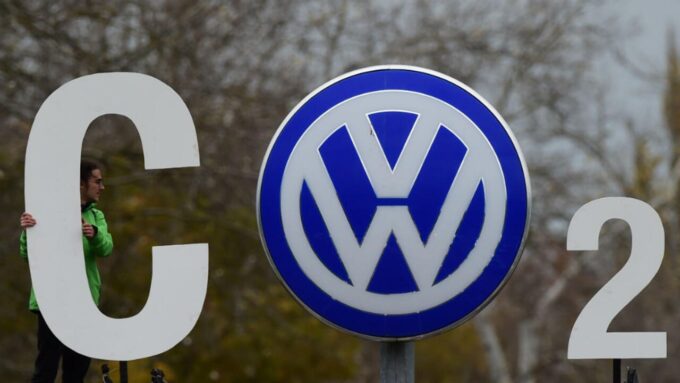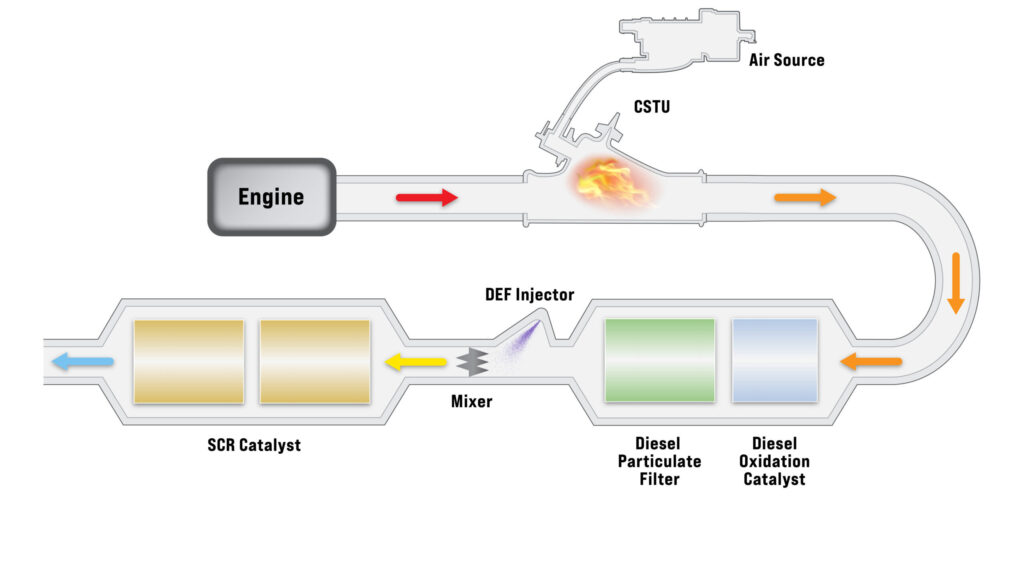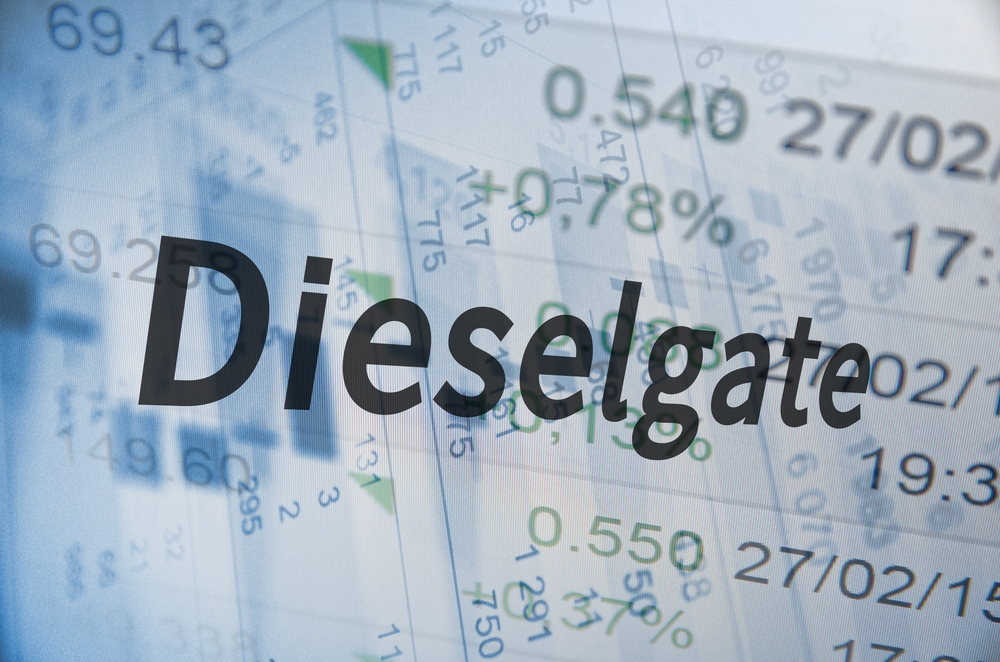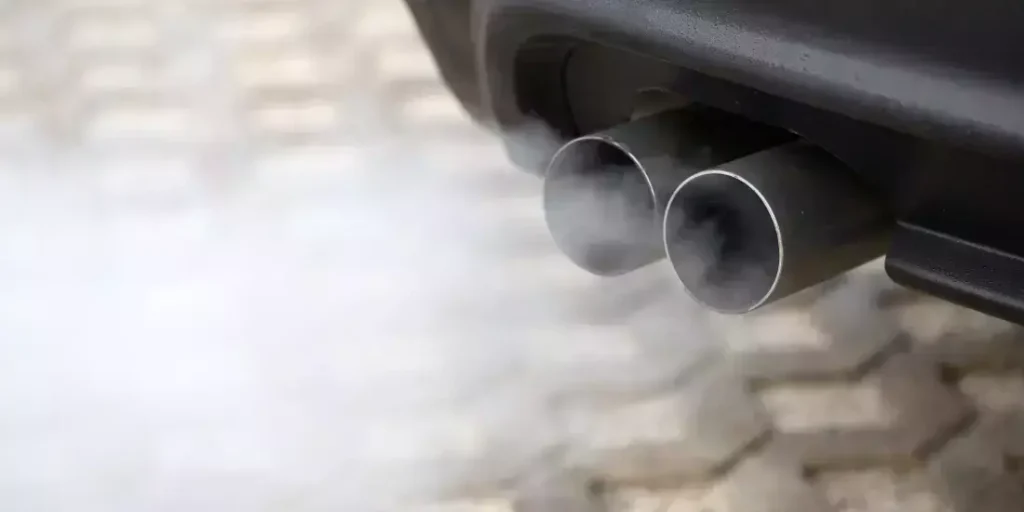Understanding the Euro 6 emissions standards is crucial for diesel car owners, whether you’re concerned about environmental impact or just keeping your vehicle compliant with the latest regulations. We’ll be breaking down what the Euro 6 standards entail and what they mean for you.
The 2015 Dieselgate Scandal

Source: france24.com
The conversation around diesel emissions and the necessity for stringent regulations came into the spotlight with the infamous Dieselgate scandal in 2015. Major car manufacturers were found to be using ‘defeat devices’ to cheat emissions tests, leading to vehicles on the road emitting far more pollutants than declared.
Volkswagen’s emissions were found to be up to 40 times more than what was legally allowed. This scandal was a wake-up call for regulators and the public about the importance of genuine progress in emissions reduction.
What Are Diesel Emissions?
Diesel engines produce a variety of pollutants that contribute to environmental damage and human health issues, including nitrogen oxides (NOx), hydrocarbons (HC), carbon monoxide (CO), and particulate matter (PM). These emissions contribute to air quality problems such as smog and particulate pollution, which are linked to respiratory diseases and other serious health problems.
Euro 6 Standards: Protecting Health and the Environment

Source: carwow.co.uk
The Euro 6 standards set stricter limits, particularly for NOx and PM emissions from diesel engines. To put this into perspective, Euro 6 vehicles emit 55% less NOx than Euro 5 vehicles. They also require a significant reduction in PM, which is especially harmful to respiratory health.
Why Euro 6 Compliance Matters
As of September 2015, all new cars sold must meet Euro 6 standards. If you’re in the market for a new car, or if you own a more recent model, your vehicle must comply to avoid future bans or extra charges in Ultra Low Emission Zones (ULEZ) popping up across cities worldwide.
What It Means for Diesel Car Owners
Owners of Euro 6 compliant vehicles benefit from lower car taxes and are exempt from additional charges imposed in low-emission zones, which are increasingly common in urban areas across Europe. This ensures that their vehicles remain competitive in a market that is steadily transitioning towards cleaner energy sources.
Understanding Diesel Emissions Claims

Source: tredstone.co.uk
A diesel emissions claim is a legal issue from car manufacturers’ claims regarding vehicle emissions and conformity with environmental standards. The claims arise when carmakers allegedly misrepresent their compliance with emissions laws, leading to potential legal action from affected car owners.
The after-effects of the Dieselgate scandal, involving reputed manufacturers, threw light upon such practices and established the basis for filing emissions claims. If evidence suggests your car’s emissions were falsely advertised, you may be entitled to compensation.
Filing a diesel emissions claim isn’t as daunting as it may sound. The process involves the following steps:
- Confirmation: Ascertain that your car’s make and model are implicated in emissions inconsistencies and eligible for a claim.
- Documentation: Gather all relevant documents such as your car’s purchase agreement, registration, and any communication from the manufacturer concerning emissions.
- Legal Advice: Consult with legal professionals who specialise in consumer rights or specifically, emissions claims. Many law firms offer no-win-no-fee arrangements, mitigating the financial risk involved.
- Class Action or Individual Claim: Decide whether to join a class-action lawsuit or file an individual claim. The former might involve less personal time and effort but could result in a lower compensation amount.
- Submission: Submit your claim through your chosen legal channel and await further instruction.
- Resolution: The claims process could take time, and outcomes may vary. Resolutions can result in different forms of compensation, from cash settlements to buy-back programs.
The Future beyond Euro 6

Source: moneybackhelpdesk.co.uk
As technology advances and societal demands for cleaner air increase, the bar for emissions standards will only get higher. Manufacturers continue developing more refined engines and after-treatment systems to further reduce emissions.
For diesel car owners, these advances may entail additional maintenance to ensure the proper functioning of emissions control systems. It’s also possible that governments may introduce incentives to phase out older, more polluting vehicles in favour of those meeting newer standards.
Conclusion
The Euro 6 emissions standards have played a crucial role in redefining what it means to drive a diesel vehicle. Against the backdrop of the Dieselgate scandal, these regulations have served as a catalyst for change, driving innovation and compelling both car manufacturers and consumers to prioritise environmental considerations alongside performance. As diesel car owners navigate these changes, staying informed is key to making decisions that align with both personal needs and greater environmental responsibility.
It’s not just about compliance; it’s about contributing to a larger movement towards a cleaner future. The challenge for diesel car owners now is to understand these regulations and adapt accordingly. By doing so, they not only ensure their vehicles are legally compliant but also join the collective effort to minimise our carbon footprint for generations to come.



